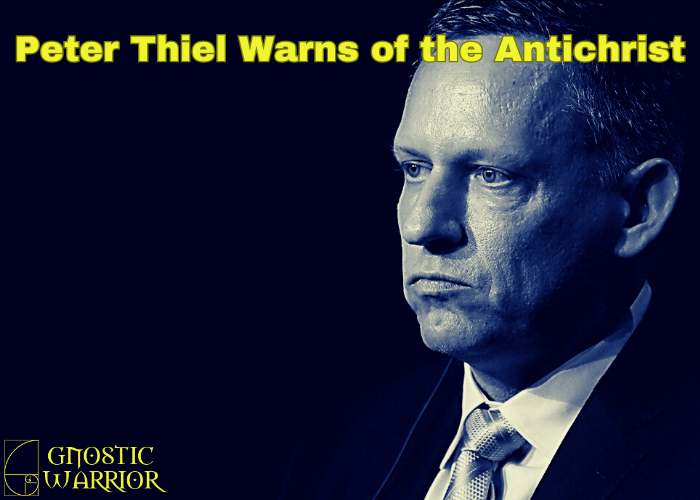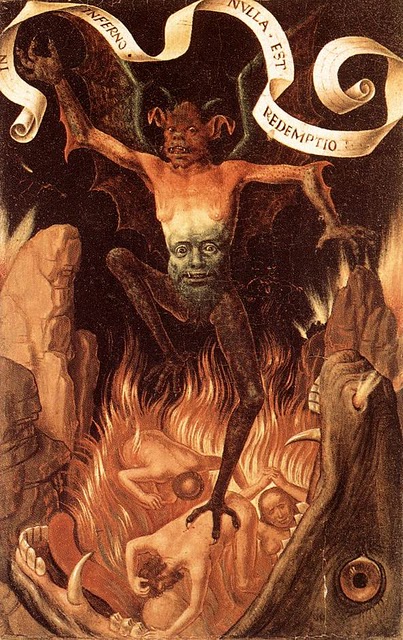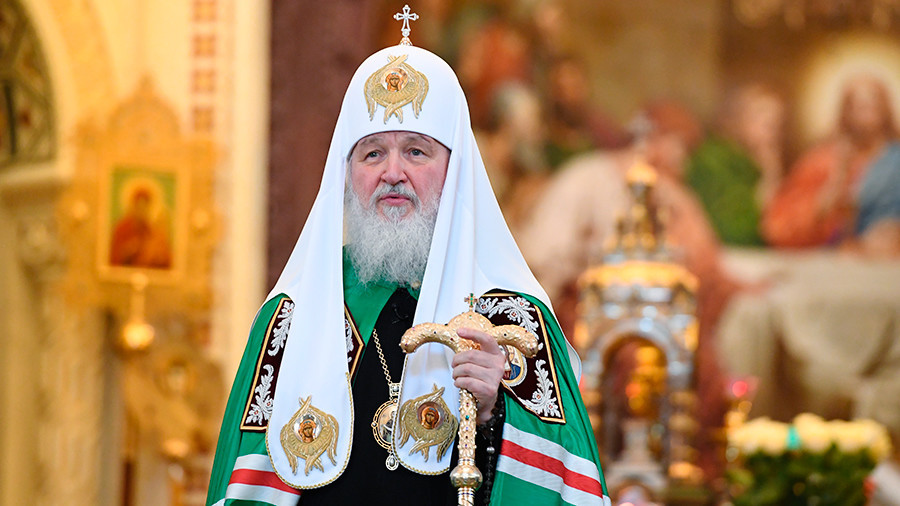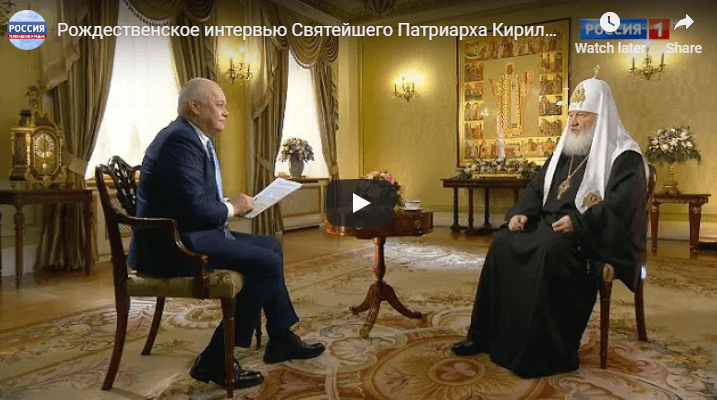Peter Thiel, founder of PayPal and Palantir, and the first outside investor in Facebook, has been on a speaking tour discussing theological themes such as the Antichrist and the Apocalypse in relation to scientific and technological progress.
Thiel’s concern is the lack of progress, and he brought that concern to the world’s oldest and most prestigious debating society, The Oxford Union, as the inaugural speaker of the Union’s bicentennial year.
His speech was a full-throated defense of classical liberalism within the context of Christian apocalypticism.
He opened the speech with the question, “What is the antonym of diversity?” Answer: “University.”
That is the challenge of our age, whether institutions such as universities will carry on as zombie-like enforcers of ideological justifications for stagnation or whether they will rediscover their role as vibrant centers for debate, the purpose for which the Oxford Union was created.
Thiel believes globalization is the Antichrist, the Antichrist is the antecedent to the Apocalypse foretold in the Book of Revelations and only a turn toward Jesus Christ can save humanity from annihilation.
That the technology of moving atoms is so stagnant that the word “tech” is now typically used to refer to information technology. Apart from the world of bits, technological progress has been stagnant.
Scientific debate is suppressed, and topics such as Darwinism and climate science are off limits. Our industrial economy is destroying the earth, and artificial intelligence will rise up and kill or enslave us.
Thiel argues that we need to reclaim the Christian philosophical and religious traditions in the West or face destruction. The eclipse of Shakespeare by revolutionary literature such as I, Rigoberta Menchu, demonstrates a crisis within the humanities and a crisis of classical liberalism.
According to Thiel, government suppression makes real progress impossible, and the corrupt grantmaking system and academic politics churn out endless (often unverifiable) journal articles but no flying cars or cold fusion.
The mounting intensity of his political spending traces his evolution from an economic and social libertarian to a “Dark Enlightenment” and Christian-nationalist authoritarian.
In 2004, Thiel organized a conference at Stanford University to honor his mentor, philosopher and political anthropologist René Girard. The paper he wrote for that conference, “The Straussian Moment,” was a metaphysical effort to assign meaning to 9/11 and its aftermath.
The quandary we face in the 21st century post-9/11, Thiel writes, begins with the death of God in the West.
Having lost any commitment to the Christian philosophical and religious traditions that once prevailed, we no longer question ourselves in the right way — if we question ourselves at all.
The argument starts with the political correctness debates of university life in the ’90s and the controversies at Stanford University about Western civilization, both the course and the historical reality the course purports to study. Thiel argues that we need to reclaim those traditions in the West or face destruction.
The eclipse of Shakespeare by revolutionary literature such as I, Rigoberta Menchu, demonstrates a crisis within the humanities and a crisis of classical liberalism. The rebuttal to that was that the humanities don’t matter. What matters, we are told, is science.
The achievements of the Manhattan Project and similar government-led triumphs were seen as leaving behind the old world of humanities and debates over whether to read or cancel dead white European males.
Thiel argues that scientism is the rebuttal to classical liberalism. But is there a rebuttal to this rebuttal? Science isn’t really progressing as it was in the past. The Manhattan Project is long gone.
Scientific debate is suppressed, and topics such as Darwinism and climate science are off-limits. Apart from the world of bits, technological progress has been stagnant. The technology of moving atoms is so stagnant that the word “tech” is now typically used to refer to information technology.
Thiel believes that any system that demands enough power to fulfill the promise of peace and safety is far more of a threat than anything it promises to protect you from. The tech sector is computers, not fusion, not hypersonic air travel because computers are the only tech with much of anything happening.
According to Thiel, government suppression makes real progress impossible. The corrupt grant-making system and academic politics churn out endless (often unverifiable) journal articles but no flying cars or cold fusion.
While significant on its own terms, the mounting intensity of Thiel’s political spending traces his evolution from an economic and social libertarian to a “Dark Enlightenment” and Christian-nationalist authoritarian. (As a reactionary philosophical and political movement, the Dark Enlightenment is anti-democratic and anti-egalitarian.)
Thiel’s argument starts with the political correctness debates of university life in the ’90s and the controversies at Stanford University about Western civilization.
His speeches on deeply theological themes, which combine classical liberalism with Christian apocalypticism, offer a new perspective on the relationship between science, technology, and religion.
Thiel donated tens of millions of dollars to political candidates and causes in US elections, and in the 2022 midterm elections alone, he donated around $32.5 million to the Senate campaigns and political action committees of far-right conservatives J.D. Vance in Ohio and Blake Masters in Arizona.
While controversial, his ideas have sparked important debates about the role of universities and the humanities, the impact of government suppression on scientific progress, and the need to reclaim the Christian philosophical and religious traditions in the West.
Thiel’s views are likely to continue to be discussed and debated in the years to come, as the world grapples with the challenges of globalization, technological progress, and the existential threats facing humanity.

Moe is the founder of GnosticWarrior.com. He is a father, husband, author, martial arts black belt, and an expert in Gnosticism, the occult, and esotericism.









